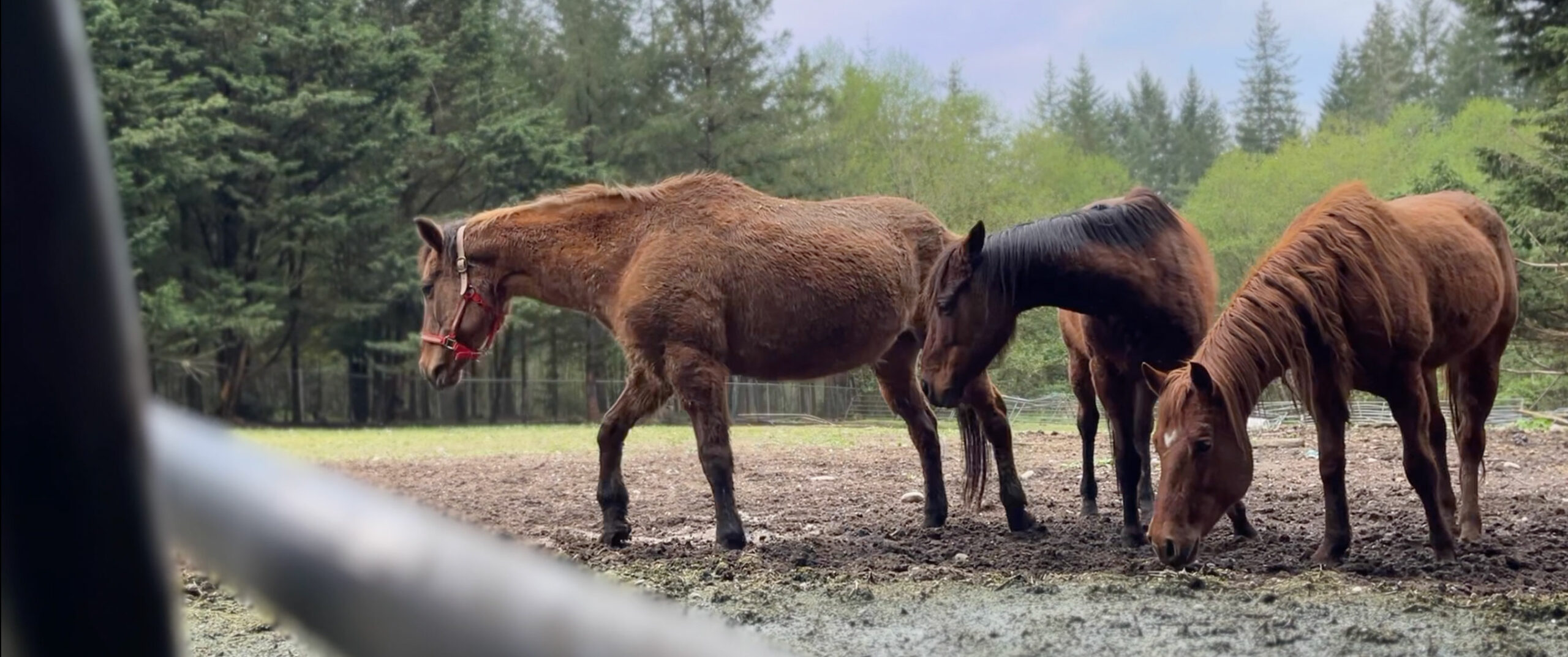What do you do if you are concerned about the condition or treatment of a horse that you’ve seen?
Often people will contact SAFE about it, not knowing that we do not have the authority to seize animals from private individuals. We can advise you, but most likely we will ask you to report what you have seen to Animal Control.
Why Call Animal Control?
- County Animal Control units are connected with LAW ENFORCEMENT, giving them the power to investigate and take action in animal cruelty cases.
- Submitting an official report might be the only way that Animal Control is made aware that neglect or cruelty is taking place.
- Once it’s been reported, Animal Control officers can then react to the situation in the appropriate manner:
- they can conduct a welfare check to get a closer look at the situation and find out what is really going on
- they can work with the owner to improve the situation through education
- they can require the owner to take action within a certain period of time (for example, have a vet out) and can enforce these requirements with fines or legal action
- they can obtain search warrants to access areas of the property out of view from the road
- they can enter the property along with law enforcement agents if safety is a concern
- they can seize animals that are being neglected or abused
- they can work with county prosecutors to charge owners with neglect or cruelty, which may prevent them from owning animals in the future
One of SAFE’s primary purposes is to back up Animal Control agencies by taking ownership of seized or surrendered horses, and taking responsibility for the rehabilitation, retraining, and rehoming of these horses. When you see a horse in trouble, it’s critical that you make a report to Animal Control. Without the support of the public, AC cannot fix what they don’t know about. So if you see something that doesn’t look right, please report it!
How to Report Neglect or Cruelty
SAFE has contact information on our website for counties in our immediate area at https://www.safehorses.org/report-cruelty/. If your county isn’t listed on our site, you will need to turn to Google or call your county to be connected with the right department.
Note: In a situation that’s a life threatening emergency, like horses running loose or a horse that is severely injured, call 911 first.
In order to effectively report a situation of neglect or animal cruelty to the authorities, you need to have the following:
- Personal knowledge and first-hand observation of the situation — in other words, the situation must be reported by someone who has seen it themselves, first hand.
- An exact address for the location in which the abuse is taking place.
- If it’s possible to get them, recent photos may also be helpful. But do not trespass or illegally enter a property in order to obtain photos!
You’ve heard the squeaky wheel gets the grease? Same thing is true here. One report is great, but two or more could be better. Each report needs to be made by someone who has seen the situation first-hand, but multiple reports sometimes help move things along.
If you are concerned about an animal you’ve seen, but are unsure as to whether or not abuse or neglect is taking place, you can call and request that a welfare check be conducted.
If you are concerned about repercussions or retaliation for reporting abuse, most counties will not disclose that information to the person being investigated. But be aware that your report will be a matter of public record.
How Else to Help a Neglected Horse?
If you see a starving horse from the road, you might be tempted to try to help by throwing hay over the fence. There are two reasons that this might not be a good idea:
- You can literally kill a horse with kindness if you suddenly give them a lot of hay to eat after a long period of starvation. When SAFE takes in a horse that’s been starved, we follow a refeeding protocol under a vet’s instruction. We start by feeding the horse handfuls of hay every two hours round the clock, and very gradually increase the amount of hay as the horse’s digestive system adjusts.
- It’s awful to have to say this, but if Animal Control sees hay on the property, they *could* decide that the situation doesn’t warrant their intervention.
So how do you help a neglected horse? Call Animal Control.


